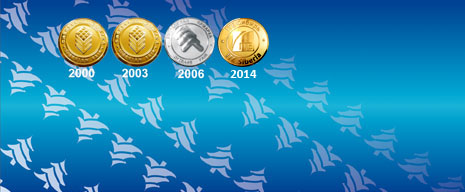 |
 |
Plato’s Objective Idealism and Philosophy of Education
The article examines the philosophy of education of the outstanding representative of Ancient Greece, philosopher and teacher Plato (5th century BC). We need its knowledge, firstly, to understand how the formation of philosophical and pedagogical thought took place in Ancient Greece; secondly, to find out which educational concepts Plato borrowed from his teacher Socrates, and which ones are novices of him. The purpose of studying Plato’s philosophical and pedagogical concepts will require solving the following research tasks: 1) to identify the features of Plato’s education system and trace its evolution in history; 2) to analyze what innovations the ancient Greek education system introduced into modern educational philosophy; 3)to show that Plato did not develop a holistic system of philosophy of education, however, the concepts that he introduced into personal education enriched scientific pedagogy. The theoretical and methodological concepts of Plato’s philosophy of education served as the basis for the formation of Western European pedagogical science. The scientific novelty of Plato’s philosophy of education is due to the fact that its educational basis is laid in his worldview concepts, and then was developed in the scientific literature of Western authors, giving a holistic idea of his pedagogical system. Finally, in conclusion the author states the fact of the relevance of the educational concepts that Plato introduced into modern pedagogical science.
Keywords: Plato’s philosophy of education, socio-political situation in Athens in the 5th century. BC, philosophical schools of Athens, Plato’s idealism, State, role of the teacher.
Сайт поддерживается в Новосибирском институте повышения квалификации и переподготовки работников образования и является участником Новосибирской открытой образовательной сети